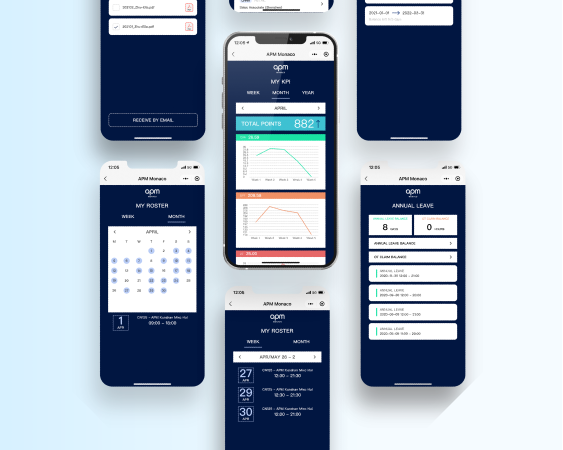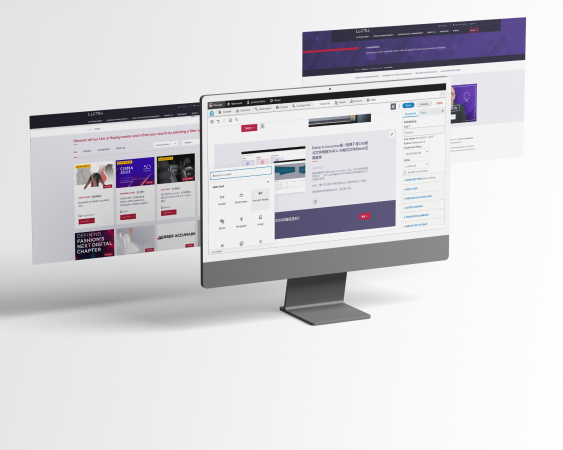In tandem with this shift, brands are embracing digital innovations to cater to digitally-savvy Chinese consumers, facilitating instant communication across online and offline platforms. The convergence of digital and physical realms is evident as omni-channel strategies redefine retail practices. CRM systems provide crucial tools for creating highly personalized customer experiences, enabling luxury brands to tailor marketing, communication, and offerings to meet the unique preferences of their clientele, fostering lasting loyalty.
The insights provided in this report, crafted in collaboration with Daxue Consulting, shed light on the evolving landscape of China's luxury market and offer valuable guidance for luxury brands aiming to navigate this dynamic environment effectively.
SOME KEY FINDINGS FROM OUR REPORT :
- • China’s luxury market has embraced a new normal, with a significant emphasis on domestic sales, particularly boosted by the appeal of duty-free options in Hainan and a wider product offering.
- • VICs are pivotal in China's luxury market, with brands prioritizing tailored strategies to engage and satisfy them, including exclusive access, personalized gifts, and invitation-only events.
- • Luxury CRM systems play a pivotal role in facilitating these strategies, enabling brands to cultivate personalized digital relationships with their VICs.
- • The power of luxury CRM lies in its ability to offer a “one-stop shop” luxury experience, where brands can provide post-purchase services like cleaning, tailoring, maintenance, product exchanges, and adjustments both online and offline, ensuring customers receive the same quality of service wherever they engage with the brand.
- • WeChat serves as the main social CRM platform in China, enabling luxury brands to gather data from multiple channels and employ personalized strategies to enhance customer loyalty and satisfaction while ensuring a cohesive and personalized experience throughout the consumer lifecycle.

 沪公网安备31010602008073
沪公网安备31010602008073

















